The Surprising Truth About Nutrition and Mitochondria


Summary (Nutrition and Mitochondria) Dr. Emily Werner, a seasoned professional in the field of nutrition and exercise, joins us in today’s enlightening episode. Her journey into the world of nutrition began during her active years in sports, where she discovered the pivotal role that food plays in optimizing athletic performance. Intrigued by the profound connection between nutrition and exercise, Emily’s relentless curiosity led her to pursue a path that saw her become a Registered Dietitian (RD) and earn a doctorate (PhD) in Kinesiology. Originally aiming to become a professor and researcher, Emily’s career took a unique turn when she started working closely with collegiate basketball teams, fostering a deep passion for delivering tailored nutrition guidance directly to athletes. Today, she is a respected Team Dietitian in professional basketball, leveraging her expertise to empower athletes to achieve peak performance through nutrition. In this captivating episode, Dr. Emily Werner delves into the intricate world of nutrition and its profound impact on health and athletic prowess. Emily shares her wealth of knowledge from unlocking the secrets of mitophagy with urolithin A to understanding the critical role of mitochondria in our overall well-being. She explores the transformative benefits of supplements like MitoPure and the astounding enhancements they can bring to muscular strength, endurance, and energy levels. Emily sheds light on the importance of building intuition around food, navigating the sea of nutrition misinformation, and embracing the idea that it’s perfectly okay to enjoy indulgent treats like ice cream. Join us on this enlightening journey as we unravel the mysteries of nutrition and optimal performance with Dr. Emily Werner. Importance of nutrition for athletes The podcast transcript begins with the speaker discussing their background as both a nerd and an athlete. They mention their interest in exercise physiology and their decision to pursue a master’s degree and eventually a PhD in kinesiology. They also express their passion for nutrition and their surprise at not receiving much education on the importance of nutrition for health and performance during their athletic career. The speaker then explains how they ended up working in the NBA, which is a dream come true for them as a former basketball player. They emphasize the honor of working with top basketball players and how it continues to drive them every day. They mention the overlap in missions between themselves and the host of the podcast, and express excitement for diving into the show together. The host then asks the speaker what they have learned from working with high performers and how it applies to most people. The speaker acknowledges that researchers still have much to learn about physiology, but they have seen a significant increase in knowledge over the past 10 years. They mention their own experience of focusing on a specific topic during their PhD and feeling the need to catch up on other areas of physiology. The speaker advises starting with the basics and gaining a foundational understanding of topics like macronutrient metabolism. They suggest starting with macros, then moving on to micros and supplements. They emphasize the importance of a love for learning and the desire to know as much as possible. The host adds that while the process of getting a PhD may narrow one’s field of vision, it teaches valuable skills in learning and establishing science. They mention the appreciation for the work of other PhDs and the understanding of the effort that goes into publishing a paper. The conversation then shifts to the topic of seeking out credible information. The speaker recommends learning how to separate credible information from misinformation. They stress the importance of seeking out credible sources and being able to distinguish between them. The host asks for a crash course on how to seek out credible information, and the speaker explains that it used to be as simple as looking at the website’s domain, but now it’s more complex with the ability to buy domain names and the presence of credible individuals on different types of websites. In conclusion, this podcast transcript highlights the importance of nutrition for athletes. The speaker’s personal journey of combining their love for exercise physiology and nutrition demonstrates the significance of understanding the role of nutrition in health and performance. They emphasize the need to gain a foundational understanding of topics like macronutrient metabolism and to seek out credible sources of information. Overall, the transcript emphasizes the importance of nutrition for athletes and the value of knowledge in optimizing performance and overall well-being. Credibility is important in learning. Credibility is important in learning, especially when it comes to topics that directly impact our health and well-being. In the podcast transcript, the speaker discusses the significance of credibility in the field of nutrition, specifically in relation to athletes. They emphasize the need to critically evaluate the credentials and expertise of individuals who provide information on nutrition. The speaker suggests that one way to determine credibility is to look at the qualifications and credentials of the person speaking on a particular topic. They argue that having degrees and nationally certified credentials in specific areas is important, as it demonstrates a level of expertise and knowledge. However, they also acknowledge that experiential learning can be valuable and that individuals who have learned from someone with a PhD can still relay important information. The transcript highlights the potential issue of individuals without specific credentials or knowledge in a particular area writing books or speaking on topics outside of their expertise. The example of doctors who never receive formal education in nutrition but write books on the subject is given. The speaker suggests that while they would give the benefit of the doubt to a doctor writing a book on nutrition, it is not a hard and fast rule that they will provide accurate or helpful information. They acknowledge that there are physicians who speak on topics in ways they should not, and emphasize the importance of seeking out credible sources and different perspectives. The podcast also mentions the existence of organizations
